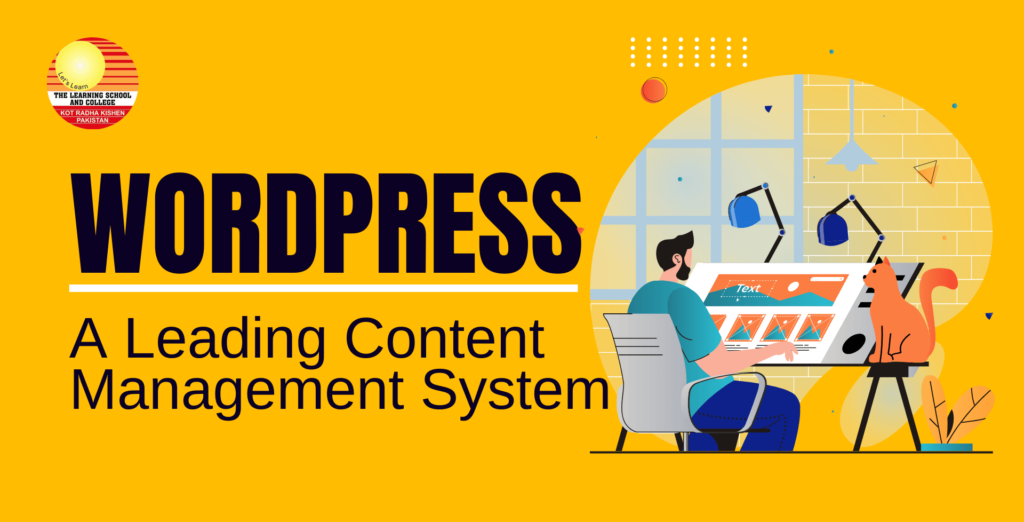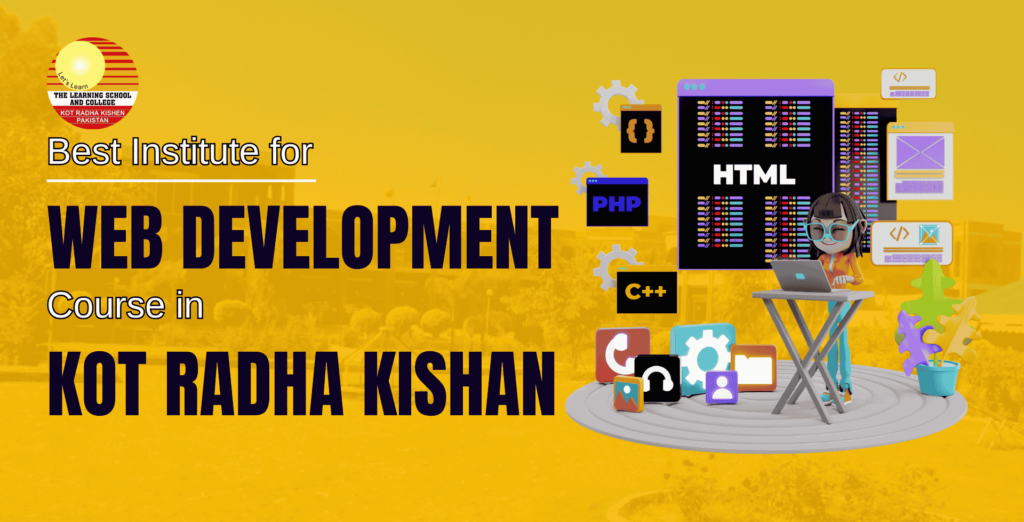The digital landscape has grown immensely, and the need for flexible, user-friendly website solutions has surged. WordPress, one of the most popular content management systems (CMS), stands out as a powerful tool for individuals, businesses, and developers. With over 40% of the web built on WordPress, it’s clear that it remains a go-to platform for creating and managing websites. In this article, we will dive into the reasons behind WordPress’s success as a CMS and explore its unique benefits and features.
What is a Content Management System (CMS)?
Before understanding why WordPress is a leading CMS (Content Management System), it’s essential to define what a content management system is and why it’s important.
Definition of CMS
A content management system (CMS) is software that allows users to create, manage, and modify content on a website without needing specialized technical skills. CMS platforms streamline the web development process by providing tools for easy design, content editing, and site management.
Key Benefits of a CMS
Using a CMS has several advantages, especially for non-developers and those with limited coding knowledge:
- Ease of Use: Allows users to create and update content without complex coding.
- Customization: Most CMS platforms offer themes and plugins for design and functionality.
- Collaboration: Team members can work together, managing different aspects of a website.
- Scalability: A CMS grows with a website, handling both small blogs and large e-commerce stores.
With a CMS like WordPress, building a professional website is accessible to anyone, regardless of their technical expertise.
Why WordPress is the Leading Content Management System
WordPress is a CMS (Content Management System) powerhouse for several reasons, from its user-friendly design to its extensive ecosystem. Here’s what makes WordPress a top choice for individuals and businesses alike.
1. User-Friendly Interface
One of the most attractive aspects of WordPress is its ease of use, making it accessible to beginners and professionals alike.
- Simple Dashboard: The WordPress dashboard is intuitive, allowing users to navigate easily and access features without hassle.
- Quick Setup: Installing WordPress takes just a few minutes, enabling users to get started quickly.
- Editing Flexibility: The WordPress editor (Gutenberg) provides a block-based design, making it easier to add elements like text, images, and multimedia content.
With minimal training, users can start creating content and managing their websites efficiently, even if they are new to web development.
2. Extensive Theme and Plugin Library
WordPress offers thousands of themes and plugins that enhance the design and functionality of a site. Themes allow users to customize the appearance of their website, while plugins add specific functions and features.
- Themes for All Niches: Whether you need a blog, portfolio, business site, or online store, WordPress themes cater to a variety of niches.
- Plugins for Added Functionality: WordPress plugins range from SEO tools and security enhancements to e-commerce integrations and social media support.
- Free and Premium Options: WordPress offers a variety of both free and premium themes and plugins, making it suitable for all budgets.
This extensive library allows users to create highly customized websites without any coding knowledge.
3. Strong Community Support
With millions of users worldwide, WordPress has a vibrant community that provides continuous support, development, and innovation.
- Forums and Communities: WordPress has a wealth of forums where users can ask questions and share knowledge.
- Documentation and Tutorials: Extensive documentation and tutorials make it easy to learn WordPress, even for beginners.
- Global Events: WordPress hosts global events like WordCamp, where users, developers, and designers come together to discuss the platform and share insights.
This community-driven support system ensures that any issues users encounter are likely solvable through accessible resources.
4. SEO-Friendly Features
In the competitive world of online visibility, having an SEO-friendly website is crucial. WordPress excels in this area with built-in features and SEO plugins.
- SEO-Friendly Permalinks: WordPress allows users to customize URLs, making them search engine-friendly.
- SEO Plugins: Popular plugins like Yoast SEO and All in One SEO Pack help optimize content, improving search rankings.
- Mobile Responsiveness: Most WordPress themes are mobile-responsive, a key factor for better SEO performance.
WordPress’s SEO capabilities make it easier for websites to rank on search engines, driving organic traffic and increasing visibility.
5. Flexibility and Scalability
WordPress can support a wide range of website types, from simple blogs to complex e-commerce sites, making it suitable for businesses of all sizes.
- Custom Post Types: Users can create custom content types for products, portfolios, testimonials, and more.
- Multisite Capabilities: WordPress allows users to manage multiple websites from a single dashboard, a valuable feature for large businesses.
- E-Commerce Compatibility: With plugins like WooCommerce, WordPress transforms into a full e-commerce platform.
This flexibility ensures that WordPress can evolve with your business, accommodating both growth and change.
6. Security and Regular Updates
Security is a top concern for any website owner, and WordPress takes measures to ensure its platform is safe and secure.
- Regular Updates: WordPress frequently updates its core software to address security vulnerabilities and improve functionality.
- Security Plugins: Plugins like Wordfence and Sucuri provide added security, protecting websites from malware and unauthorized access.
- Community Monitoring: With a large community, security issues are quickly identified and resolved by developers worldwide.
For website owners, the commitment to regular updates and security features provides peace of mind.
Advantages of Using WordPress as a Content Management System
To summarize, here are the key advantages of using WordPress as a CMS:
- Ease of Use: An intuitive interface that caters to beginners.
- Customization: Thousands of themes and plugins for personalization.
- Strong SEO Capabilities: Built-in and plugin-driven SEO features.
- Community Support: A global community that offers resources and guidance.
- Flexibility: Adaptable for various website types and industries.
- Security: Regular updates and a wide range of security options.
Whether you’re building a personal blog or a professional e-commerce site, WordPress can cater to your needs.
Conclusion: Why Choose WordPress for Your Website?
WordPress’s reputation as a leading content management system is well-deserved. Its user-friendly nature, extensive library of themes and plugins, strong community, and adaptability make it an ideal choice for users of all skill levels. As digital transformation continues, the need for a reliable, flexible CMS is more important than ever, and WordPress’s unique blend of features makes it a standout option.
At TLS Technical Training Institute, we understand the importance of having skills in a widely used CMS like WordPress. That’s why our WordPress Web Development course equips students with practical skills and knowledge to build, customize, and manage WordPress websites. Whether you are a beginner or looking to expand your technical skills, learning WordPress can open doors to various opportunities in the digital world.
Start your journey with WordPress, and discover why it continues to be the leading content management system for millions worldwide.


